Blog Layout
US Federal Reserve Report on Global Stablecoins and Financial Stability
PAR002_123 • Nov 28, 2019
US Federal Reserve Report on Global Stablecoins and Financial Stability
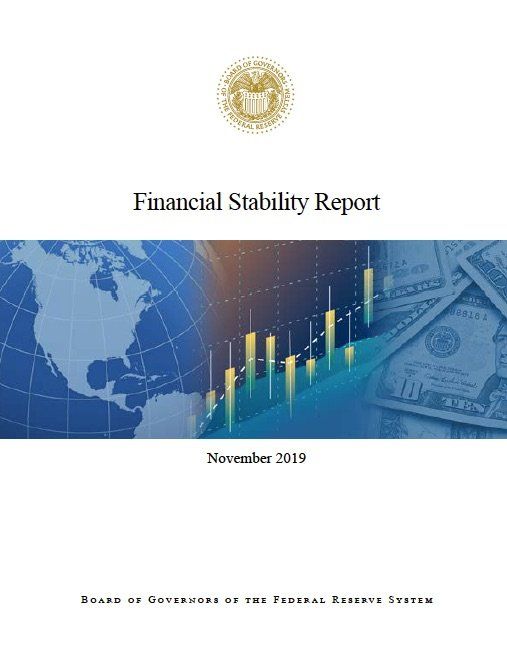
The US Federal Reserve Board Last Week weighed up the pros and cons of Global Stablecoins in its 'Financial Stability Report' issued November 15, 2019
(Reference - https://www.federalreserve.gov/publications/files/financial-stability-report-20191115.pdf )
The Report includes a lengthy discussion of potential systemic risks posed by Global Stablecoins. Though the Reserve doesn’t drop names, it is mainly concerned with Stablecoins that have global relevance.
The report is surprisingly optimistic: In the report, the Fed observed that innovations fostering faster, cheaper and more inclusive payments could complement existing payment systems and improve consumer welfare if appropriately designed and regulated. It suggests that Stablecoins could provide a “new medium of exchange,” a complement to existing payment systems, and a solution to crypto price volatility. But although the Federal Reserve admits that Stablecoins have potential, but the Fed also warned that the emergence of Global Stablecoin payment networks introduces important challenges and risks related to financial stability, monetary policy, money laundering and terrorist financing, and consumer and investor protection.
The report emphasises the importance of design. It notes that a poorly designed Global Stablecoin network “could pose risks to financial stability.” Without effective redemption, settlement, and risk management, Stablecoins could lead to a “loss of confidence” and mass liquidation. This loss of confidence could lead to a run, where many holders attempt to liquidate their Stablecoins at the same time. In an extreme scenario, the Fed posits that holders may be unable to liquidate, with potentially severe consequences for domestic or international economic activity, asset prices and financial stability.
Much like other cryptocurrencies, the anonymity associated with stablecoins opens doors to financial crimes, the Fed notes in its report.
"The anonymity often found in Stablecoins could be used to obscure financial transparency and facilitate money laundering, terrorist financing, and other financial crimes. Financial institutions are subject to customer due diligence and other anti-money-laundering regulations intended to help detect and disrupt illicit activity. Addressing such vulnerabilities is critical for any Stablecoin," according to the report.
On top of this, the report notes that stablecoin issuers, operators, and intermediaries must comply with regulations. These groups must prevent money laundering, terrorism, and other criminal activity through their policies. They must also protect consumers against fraud and ensure that consumers know their holding rights, among other things.
Moreover, the Reserve says that it is working with other regulators to ensure that up-and-coming Stablecoins address core legal and regulatory challenges. It adds that a G7 Working Group on Stablecoins expressed similar goals. That said, these concerns only apply to global Stablecoins — they presumably exclude minor coins.
Though the Federal Reserve hasn’t endorsed or disavowed any Stablecoins, some coins clearly face more challenges than others. For instance, Tether found itself at the centre of a lawsuit from the New York Attorney General’s office in April (and a more recent class action suit). Another coin, Basis, shut down due to regulatory issues in 2018.
U.S. lawmakers are taking notice of concerns about Stablecoins, especially Facebook's Libra. The Federal Reserve briefly mentions Facebook’s Libra coin in a positive light, noting that it is one Stablecoin with “the potential to rapidly achieve adoption.” However, this might not mean much, as U.S. Congress has been hard on Libra during hearings. Those hearings also led Congress to introduce a bill that would regulate Stablecoins as securities.
On Thursday, two U.S. representatives from Texas - Sylvia Garcia, a Democrat, and Lance Gooden, a Republican - introduced a bill that would place Libra and other Stablecoins under the jurisdiction of the Securities and Exchange Commission.
Given the array of risks and unaddressed issues to date, the Fed concluded by noting that it and other regulators are cooperating closely to ensure that any Stablecoin system with global scale and scope must address a core set of legal and regulatory challenges before it can operate. Citing a recent Group of Seven report on Stablecoins, the Fed reiterated that “no global Stablecoin project should begin operation until the legal, regulatory and oversight challenges and risks outlined [in this report] are adequately addressed, through appropriate designs and by adhering to regulation that is clear and proportionate to the risks.”
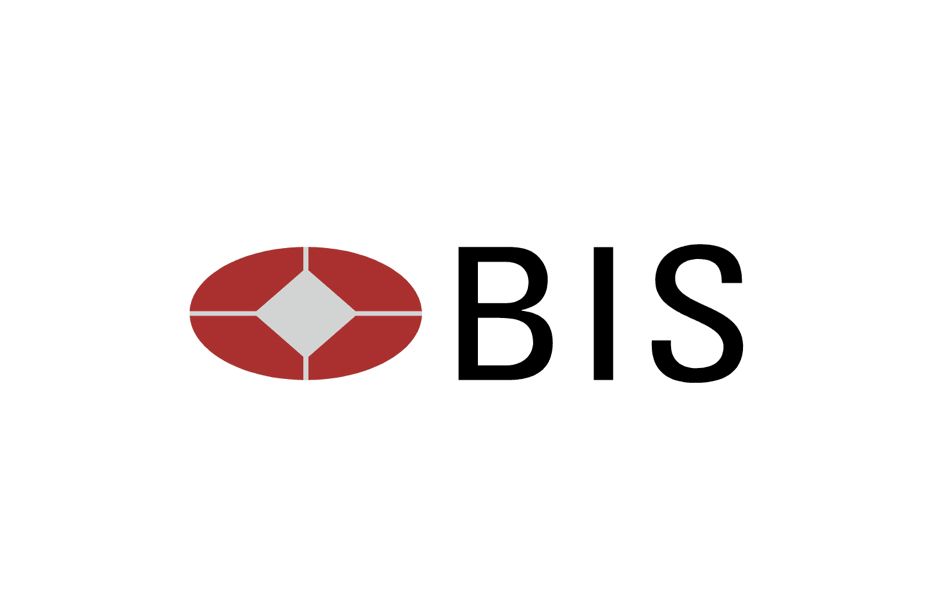
07 Mar, 2024
In response to the increasing prominence of global stablecoins (GSCs) and their potential implications for financial stability, the Bank for International Settlements (BIS) has introduced a comprehensive set of recommendations aimed at regulating and supervising these widely adopted digital assets.
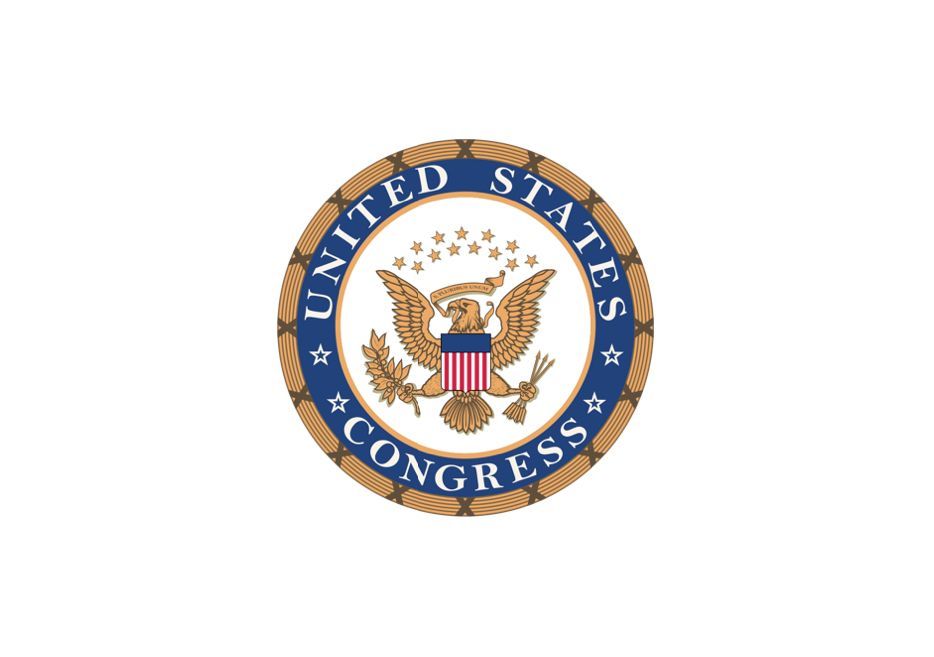
29 Jul, 2023
In a noteworthy development within the U.S. Congress, a long-awaited stablecoin bill made significant progress as it graduated from the House Financial Services Committee. However, the advancement of the Republican-backed bill was marred by a partisan clash and objections from the White House, leaving the committee chair, Patrick McHenry (R-N.C.), lamenting the missed opportunity for a bipartisan deal.

13 Jul, 2023
A new crypto oversight bill reintroduced by Senators Cynthia Lummis and Kirsten Gillibrand is making waves in the U.S. Senate. The bill proposes that crypto exchanges be overseen by the Commodity Futures Trading Commission (CFTC) rather than the U.S. Securities and Exchange Commission (SEC). Additionally, it calls for all stablecoin issuers to be regulated depository institutions. This bill represents a significant effort to establish U.S. regulation for the crypto industry and addresses the division of oversight between the SEC and CFTC.
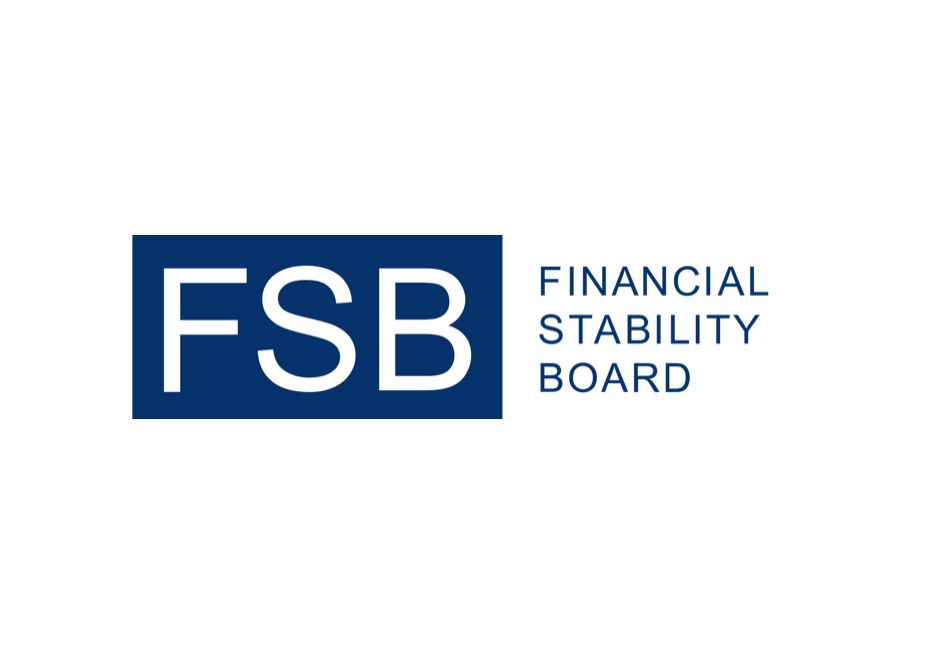
13 Jul, 2023
In preparation for the upcoming G20 Finance Ministers and Central Bank Governors meeting in India, Klaas Knot, Chair of the Financial Stability Board (FSB), has highlighted the recent banking turmoil and the FSB's commitment to learning valuable lessons from these events. In a letter addressed to the G20 officials, Knot emphasized the importance of addressing risks associated with crypto-assets and global stablecoin arrangements, as well as providing updates on efforts to tackle climate-related financial risks.
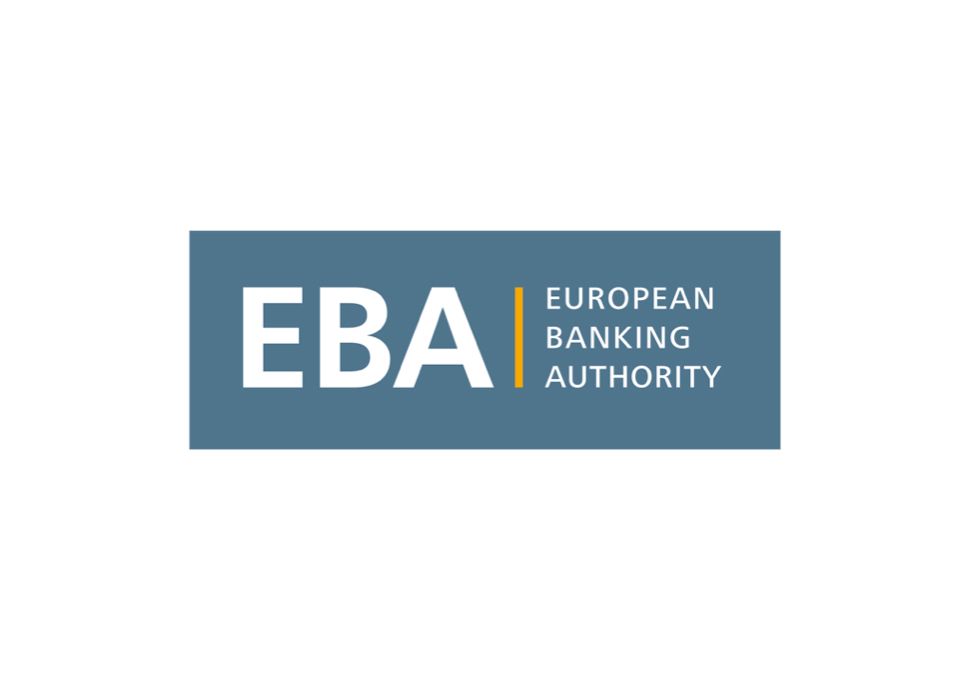
12 Jul, 2023
E-Money Token (Stablecoin) issuers have been advised to proactively prepare for the forthcoming regulations set by the European Union, according to the European Banking Authority (EBA). Although the rules of the Markets in Crypto Assets (MiCA) framework will officially come into effect in June 2024, the EBA emphasised the importance of early preparation to protect consumers and avoid disruptions for companies. The MiCA regulation includes provisions on governance, reserve requirements, and licensing for crypto wallet providers and exchanges.

12 Jul, 2023
According to a recent study by Juniper Research, the value of payment transactions made with stablecoins is predicted to surpass $187 billion by 2028, a significant increase from $53 billion in 2023. The study, titled "CBDCS & STABLECOINS: KEY OPPORTUNITIES, REGIONAL ANALYSIS & MARKET FORECASTS 2023-2030," highlights the rapid progress of stablecoins in the cross-border market, where they offer an alternative to slow, expensive, and difficult-to-track existing payment systems.
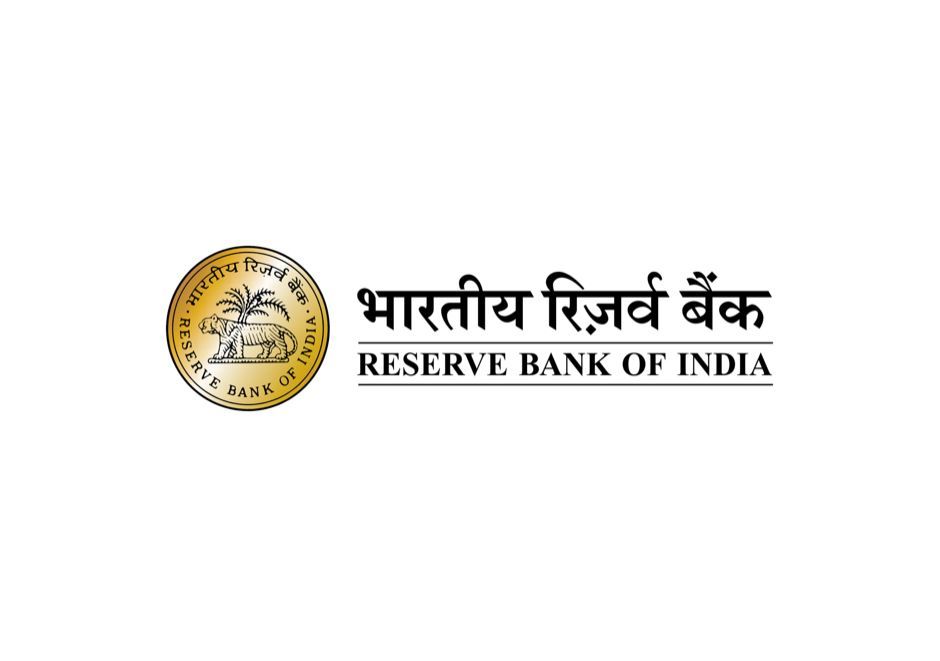
12 Jul, 2023
Reserve Bank of India (RBI) Deputy Governor T Rabi Sankar expressed India's concerns about stablecoins, emphasising their potential threat to policy sovereignty. In a speech at a banking event, Sankar called for a global financial system based on central bank digital currencies (CBDCs) issued by each country for settling global payments. He highlighted the importance of CBDCs in maintaining financial stability and independence, stating, "We should ideally aim for a global financial system which rests on central bank digital currencies (CBDCs) issued by each country to settle global payments, and not rely on stablecoins."
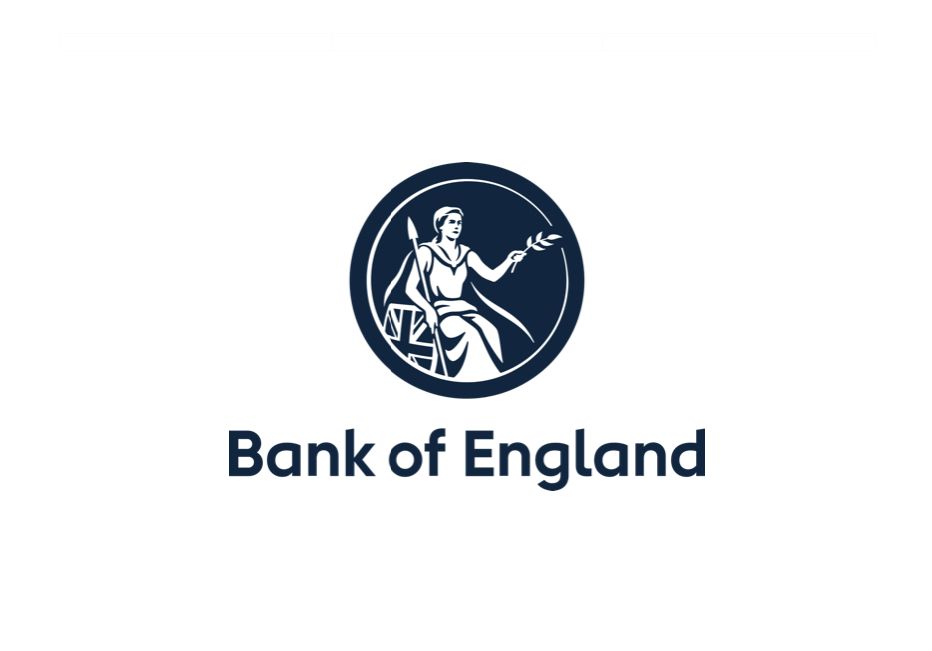
11 Jul, 2023
In a speech delivered on July 10, Bank of England (BOE) Governor Andrew Bailey shared his perspective on digital currencies, highlighting the potential of "enhanced digital money" while expressing reservations about cryptocurrencies and stablecoins. Bailey emphasised the need for regulatory oversight, stability, and usability in the evolving financial landscape.

06 Jul, 2023
In a move that could reshape the global stablecoin market, Hong Kong is considering the launch of its own stablecoin, HKDG, to rival established stablecoins such as USDT and USDC. This groundbreaking proposal, co-authored by prominent figures in academia and industry, including Vice Chancellor Wang Yang and angel investor Cai Wensheng, aims to enhance Hong Kong's position in the digital currency landscape and assert its leadership in the blockchain sector.
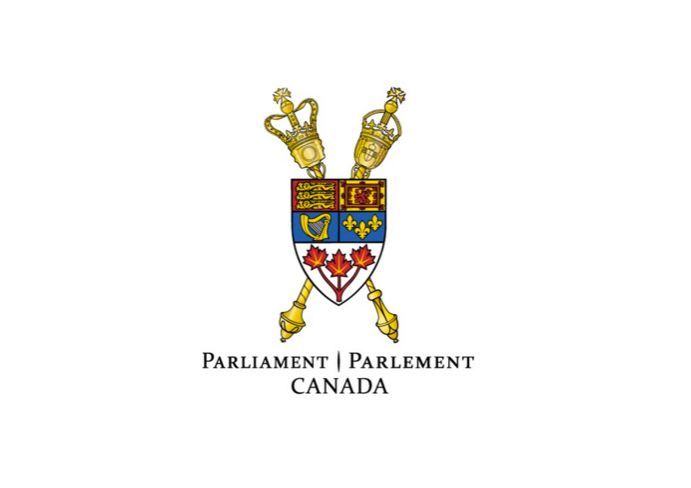
30 Jun, 2023
Canadian lawmakers have published a groundbreaking report that defends and supports the crypto industry, calling for the recognition of blockchain as a growing sector with the potential to drive job creation and economic growth. The report, which includes 16 recommendations, has garnered praise from industry participants, including leading cryptocurrency exchange Coinbase.
Disclaimer:
GlobalStablecoins.com is an informational website that provides news about coins, blockchain companies, blockchain products and blockchain events. Don’t take it as investment advice. Speak to an advisor before you risk investing in an ICO, Cryptocurrencies, Cryptoassets, Security Tokens, Utility Tokens, Exchange Tokens, Global Stablecoins, Stablecoins or eMoney Tokens. GlobalStablecoins.com is not accountable, directly or indirectly, for any damage or loss incurred, alleged or otherwise, in connection to the use or reliance of any content you read on the site.
Affiliate Disclosure / Sponsored Posts:
If a Sponsored Post contains any mention of a crypto project, we encourage our readers to conduct diligence prior to taking further action. GlobalStablecoins.com does not recommend that any cryptocurrency should be bought, sold, or held by you. Do conduct your own due diligence and consult your financial advisor before making any investment decisions.
GlobalStablecoins.com may receive compensation for affiliate links. Should you perform activities in relation to an affiliate link, it is understood that some form of compensation might be made to GlobalStablecoins.com. For example, if you click on an affiliate link, and sign up and trade on an exchange, GlobalStablecoins.com may receive compensation.
Before you invest in Cryptoassets you should be aware of the following,
Cryptoassets are considered very high risk, speculative investments.
If you invest in Cryptoassets you should be prepared to lose all your money.
All Sponsored Posts are paid for by crypto projects, coin foundations, advertising firms, PR firms, or other marketing agencies. GlobalStablecoins.com is not a subsidiary of any marketing agency, nor are we owned by any crypto or blockchain foundation.
The purpose of offering Sponsored Posts to our advertisers is to help fund the day-to-day business operations at GlobalStablecoins.com.
If you come across a Sponsored Post which you believe is fraudulent and/or “scammy,” please contact us and we will perform an immediate investigation.
© 2024
All Rights Reserved | GlobalStablecoins.com
